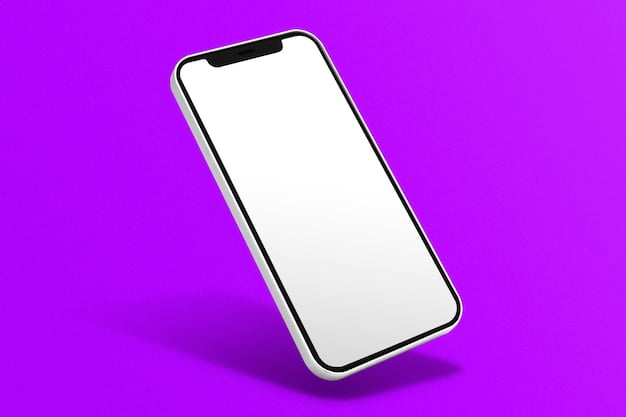
Rape is a crime of opportunism. The chances of a man being prosecuted and found guilty of rape are low. Despite more women speaking out, despite the #MeToo movement and chat about consent, the grim reality is that the justice system is failing women. While more rapes are being reported, the number of suspected rapists being charged by the Crown Prosecution Service is the lowest in a decade.
Those in the know say the CPS is in crisis. Certainly, it sends out mixed messages – last year telling prosecutors to drop “weak cases”. What is muddying the waters is the way the police treat digital evidence. “Stafford statements” – documents that grant access to victims’ records in rape cases, and which some police already use – are set to become the norm. This means a woman has to consent to having all her personal data gone through. Cases have collapsed when, for instance, texts between the victim and suspect have been exchanged.
In other words, digital evidence, which takes hours of police time to record, is another way to put women under scrutiny, to brand them “unrapeable” or incapable of consent. This use of texts/selfies/sexts has been queried for some time. As Vera Baird said: “A criminal case is about what happened, not whether the complainant qualifies for sainthood.” Harriet Harman said of disclosure in rape cases: “My constituent wrote to me: ‘I was advised not to get counselling, as my therapy notes would be disclosable in court.’” The disclosure expected of a rape victim may include medical records and old school reports, all of which can be used to question a woman’s credibility. Some women will not want to hand over their phones. If drugs and alcohol are involved, it is already unlikely that a conviction can be secured. Juries continually refuse to convict young men because of the idea that they don’t “need” to rape. Cases may take up to two years to prosecute.
All of this is toxic for women. As Rape Crisis centres close, desperate women turn up in overstretched mental health services. The legal system now requires victims to go through another kind of trial. Rape culture is a culture in which rape carries few consequences for the rapist. How do we live with this?
[“source=theguardian”]




